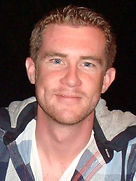
Robert Millett's Professional Portfolio

As I approach the end of my master’s program with Michigan State University I have mixed feelings about my continuing education. On the one hand I will enjoy the extra time to spend with my wife and baby and all the new lessons life will have to teach me on this front. On the other hand I will miss the easy access to interesting readings and assignments offered by the instructors as well as the external motivation that grades and the promise of a degree provide for developing professionally. Though much of this external motivation will be gone, the growth and transformation I have undergone as a teacher and as a student during this program have developed in me a stronger desire to continue learning how I can be a better instructor for my students. Thankfully, the access to opportunities to learn and grow is always growing thanks to the Internet and new technologies such as social networking and blogging.
Though I have not personally started blogging or actively posting on networks such as Twitter about education, I have already become connected to the global professional community of educators through these means and it is easy to stay connected to new information and ideas this way. Just a simple Google search for educational blogs leaves me inundated with a wealth of opinions and musings about teaching and learning in the 21st century. Hopefully as I become more experienced and confident in the creative ideas I have as an educator I too will start sharing my own ideas and musings so I can contribute to the educational community.
Another interesting resource for continued learning and professional development that I hope to take advantage of is Massive Open Online Courses. These are free online courses offered through various institutions and the themes are very diverse. A simple MOOC list search filtered for education yields a plethora of interesting and current themes for educators to learn about.
With all the resources the Internet has to offer educators, it is easy to overlook some of the best resources I have right in my own school: my colleagues. A well planned and well structured professional learning community within my own school can provide enlightening discussions, productive feedback, and creative solutions to existing problems. It is very easy to become isolated as a teacher and stay focused on my own curriculum and students, but even short discussions with colleagues have helped me see a problem from a new perspective or visualize a different type of solution.
All these available resources give me confidence that I will be able to continue my education informally and formally after the end of my master’s program. However, without goals and a direction it can be difficult to decide what ideas to research or even to find the motivation to continue learning. Therefore I have decided upon a couple of key goals I want to work towards while utilizing these different resources previously mentioned. One goal is to better learn how to use data to inform my decisions in the classroom. What constitutes data? In addition to knowing how to collect new data to inform my decisions, how can I use the current data I already have at my disposal in effective ways? I have found often in meetings with other teachers we discuss different problems and make blanket statements about students or the curriculum without providing data to support these statements. Furthermore, we start to discuss solutions to our problems and often forget to investigate what research has to say about best practices. I have received a solid foundation in these skills through this master’s program, but I desire to be more effective and confident with my usage of data. One example of a resource I can utilize full of ideas about data in education is Jennifer L. Morrison's group Art of Education.
Another goal for the future is to continue staying current on new technologies for the classroom and discovering more ways to repurpose technology to engage my students in the learning of my curriculum in authentic and interesting ways. I have already seen interesting and creative ideas on Twitter for different ways to integrate technology into learning and teaching and I am excited to continue investigating this educational frontier. The Technological Pedagogical Content Knowledge framework (TPACK) that I was introduced to in the master’s program provided me with the groundwork for effectively integrating technology into my classroom. I must continue to seek new and creative ways to blend my technological skills and knowledge with my pedagogical and content area skills and knowledge.
Looking Back to the Future:
Reflecting on the Past and Looking to the Future to Continue
Improving and Staying Current as an Educator
-Robert Millett


technology in an effective way with their own pedagogical and content knowledge. I am anxious and excited for what the future holds for my school, my colleagues, my students, and myself as we trek further into the 21st century.
Through the completion of my master’s program I have become one of the advanced users of technology in my school. I will now be responsible for helping my colleagues realize the potential technology has for their practice and helping them develop new ways to integrate
are interested in improving the ways we use data to inform our decisions in the classroom and around the school in general. We have identified that student use of technology is a vital area for improvement and we are searching for new ways to improve our students’ digital literacy and abilities to utilize technology. In addition, the school is constantly working to improve the infrastructure to support implementation of new technologies.
These goals are neither arbitrary nor isolated to my specific classroom. At my school, Colegio Bolivar, we are in the midst of implementing new and exciting changes as a result of shifting philosophies and our updated school improvement plan. As a school, we
